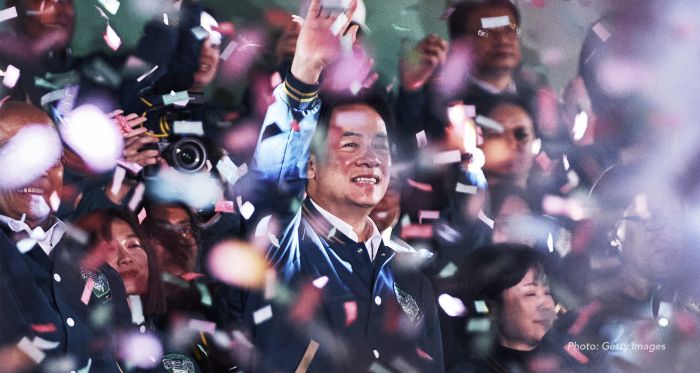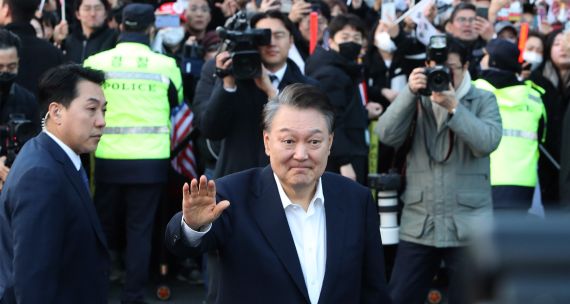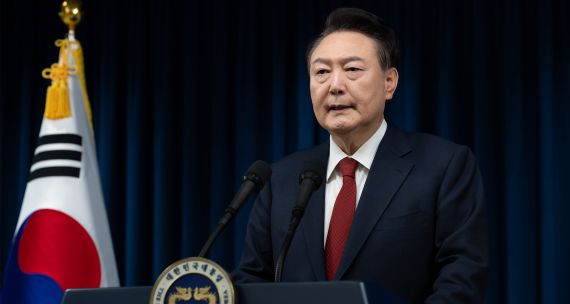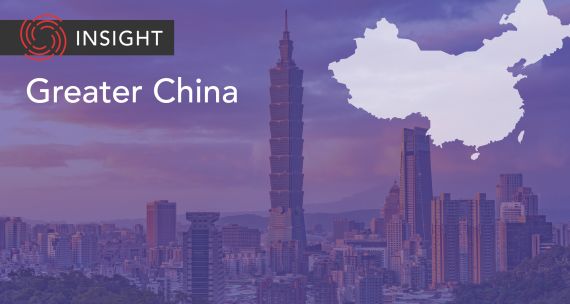For months, pressure built up around Taiwan’s presidential and legislative elections. There was talk of an election that would decide war and peace, or an election that would be crucial for Taiwan’s identity. Journalists from around the world descended on Taiwan. Threats from China were visible through active military exercises around Taiwan throughout 2023 and through direct reminders that “Taiwan will surely be reunified,” as China’s President Xi Jinping said on January 1, 2024, without specifying a timeline. And Taiwan was on the watch for potential election interference, something that President Biden also warned President Xi against, as they both left the Filoli estate in Woodside, California, on November 15, 2023.
When January 13 finally rolled around in Taiwan, the choreography and results proved remarkably predictable and resilient. The electoral process was smooth, transparent, and uncontested – a remarkable sight in contrast to many established democracies around the world. Results were extremely close to stable trends over months and to polls just before the election. No last-minute event seemed to influence the outcome, not even the Chinese satellite launch that flew 500 km above Southern Taiwan on Tuesday, January 9, triggering the first-ever alert on all cell phones in Taiwan due to an over cautious military bureaucracy (it had failed to send such alerts in 2022 when actual missiles were flying around the island).
What are the five key takeaways from the process and outcomes? What can we learn from the few surprises (which were not where we expected them)? And what geopolitical implications can we draw from Taiwan’s election results?
Summary of results
In the end, the incumbent party, the Democratic Progressive Party (DPP, or ‘green camp’), led by Vice President Lai Ching-te, won the presidency with just 40.1 per cent (compared to 57.1% for President Tsai in 2020), but lost control of the Legislature (the DPP ended up with 51 of 113 seats).
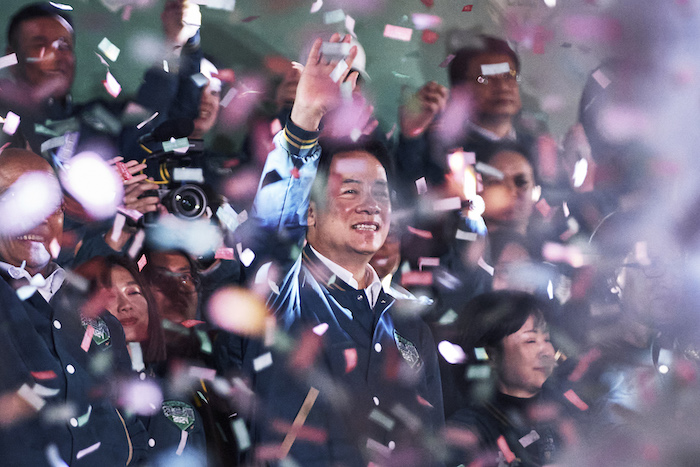
The main opposition party, the Kuomintang (KMT, or ‘blue camp’), led by Ho You-ih, failed to take power (with just 33.5% of votes) but gained a plurality of seats in Parliament (52+2 allies, just 3 short of a majority).
The third party, the Taiwan People’s Party (TPP), led by the outspoken Ko Wen-je, won the youth and undecided votes, scoring more than expected (26.5%) and grabbing a crucial kingmaker role in Parliament (with 8 seats).
Key takeaways from the election
First, the democratic process in Taiwan has proven remarkably resilient despite Chinese pressures and geopolitical tensions around the island. Efforts at nudging or threatening voters through social media, economic risks, or other means did not seem to have an impact on how voters cast their ballots. Elections ran smoothly. Campaign rallies were massive and peaceful. On the night before the election, all three main parties held massive public rallies with upward of 200,000 attendants at each. The two main parties (DPP and KMT) held rallies in the same area of Banqiao, less than one kilometre from each other. Both rallies disbanded orderly at 10 p.m. sharp, according to law, and the hundreds of thousands of supporters streamed simultaneously to the same MRT station, mingling peacefully in the same trains. Such civil behaviour cannot be taken for granted in all democracies. On the election day, voting took place from 8 a.m. to 4 p.m. Public ballot counting using papers and school boards proceeded smoothly, and results were clear after 7 p.m. Losers conceded by 8 p.m., and the winner proceeded to a formal victory speech at 8:30 p.m. (including English translation).
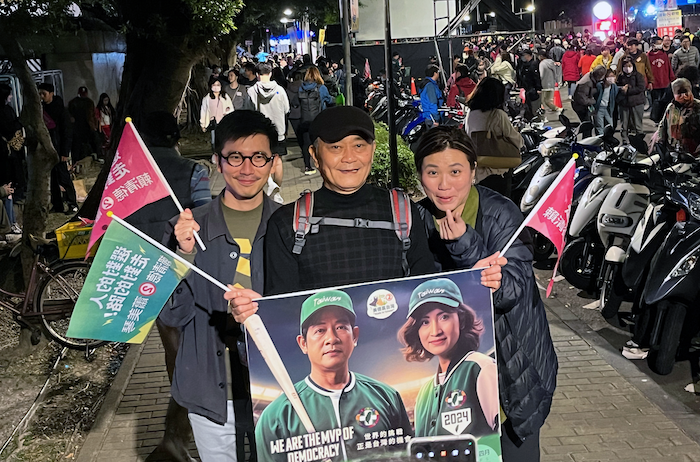
This smooth process confirms the maturity of democratic institutions and voters. Last minute events (such as former President Ma’s controversial remarks on Deutsche Welle, an interview that forced the KMT to distance itself from its former leader) did not sway results in significant ways. The elegant concession speech by the KMT candidate just four hours after the closing of voting stations was a textbook democracy-enhancing move. The DPP victory speech included elegant congratulations and olive branches to rivals.
The well-respected Taiwan Public Opinion Foundation (財團法人台灣民意教育基金會, or TPOF) publishes regular surveys on Taiwanese voters. On January 23, it published a survey of Taiwanese voters in the recent election. Question 16 asked whether voters were happy with the divided outcome (DPP presidency, but no majority in Parliament): 47 per cent of voters said they were happy, 32 per cent were not happy, 18 per cent had no opinion, and two per cent did not know. Again, this result confirms the degree of maturity of voters at ease with checks and balances. In Question 18, 59 per cent of voters supported the idea of a coalition government.
Crucially, the poll also asked voters whether they thought that Chinese election interference was serious (Question 20). In response, 50 per cent of voters thought it was not significant, 37 per cent believed it was significant, seven per cent had no opinion, and six per cent did not know. These results confirm the degree of resilience and self-confidence of the Taiwanese in their democratic system, despite Chinese attempts, while also suggesting continuous caution. It should also be noted that the outgoing government repeatedly warned against Chinese interference in the period leading up to elections but praised Taiwanese resilience after the election.
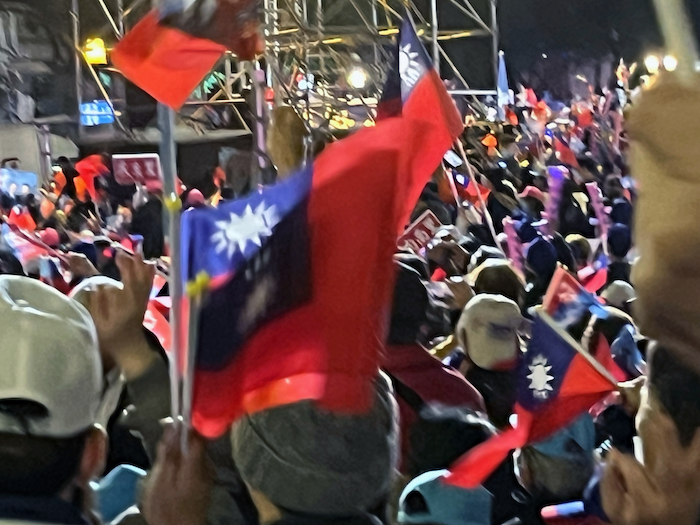
Second, the DPP won the Presidential election with a clear score, and Lai Ching-te was elected. Voters rewarded the DPP for stable pragmatic governance, its association with Taiwan’s democratic struggle, its clear positioning on Taiwanese identity, and its significant progress on societal issues (gender, environment, gay marriage). Yet, surveys and voting results also showed that 60 per cent of voters were not happy with the economic and social situation – put simply, they expect some new innovative solutions to these domestic problems. On top of the list of demands are growing inequality (in an increasingly two-speed economy), housing prices and rents, and risks with energy and electricity supply. The election turnout (71.9%) was lower than in 2020 (74.9%) despite the great weather, indicating a lack of excitement by some voters.
Third, the KMT fared respectably, especially in Parliament, and it controls almost two-thirds of local governments (14 out of 22). But its presidential score of 33.5 per cent is exactly at the median of polls before the election, showing no gain beyond the party’s core voters. The KMT failed to gain younger voters or undecided voters. Nor did it convince TPP voters disappointed by the current government to vote strategically against the DPP. It must rejuvenate its cadres and message in the future to have a chance to reconquer the presidency.
Fourth, the TPP made waves by winning two-to-three per cent more than expected. It has earned a mandate from younger generations to push the government for pragmatic solutions to social and economic issues, with the caveat that many young female and LGBTQ voters preferred the DPP over the TPP, owing to past remarks by Ko Wen-je against both groups. But Ko was brilliant at hitting issues that matter for younger urban voters and at enunciating creative solutions to social, energy, and economic problems. It is Ko who pushed the frontier of ideas in this year’s campaign, and his focus was relentlessly on domestic questions. On the crucial cross-strait questions, he remained evasive but said he represented the middle path, between the ‘too cold’ DPP and the ‘too warm’ KMT. The future of the TPP is uncertain since it is so heavily reliant on its charismatic leader, Ko Wen-je, and the majoritarian electoral system of Taiwan is brutal for third parties over time. But, Ko and his righthand deputy in Parliament (Huang Shan-shan) will have a crucial voice with their critical eight seats (out of 113). They can make or break legislative votes.
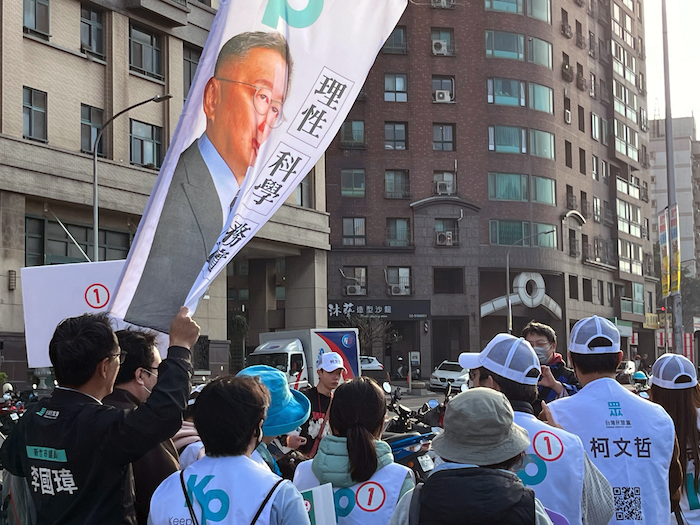
Taiwanese voters have proved to be sophisticated users of electoral power, immune to external pressures, yet careful with distributing spoils. They voted both for the overall status quo and for reformist economic and social policies.
Fifth, despite the rhetoric about peace and war or democratic survival, domestic issues dominated over security and cross-strait relations. Voters calculated that relations are tense and risky but are structurally constrained by the U.S. and China. The platforms of the three parties somewhat converged on questions such as increasing the defence budget (currently at 2.5% of GDP in 2024) and protecting Taiwanese identity, despite concerns about the KMT’s past closeness with China or Lai’s pro-independence positions in the past.
Three implications of the vote
First, domestic policy will be challenging for the Lai government for three reasons. Lai will need to compromise with either the TPP or KMT to pass anything through Parliament. Additionally, Lai has a smaller popular mandate than Tsai had. Finally, he will have to deal with a more complex economic and energy situation, as well as a difficult global situation.
Second, while the responses of major democracies (including the U.S., Japan, and Canada) have been predictably positive, China’s response to the Lai government in the coming months is hard to predict. On the one hand, China has called Lai a “troublemaker” and “separatist” despite his pro-status quo campaign. Trust is low, and communication channels are absent. China immediately punished Taiwan through a symbolic diplomatic victory: On January 15, the island nation of Nauru announced that it had switched diplomatic recognition from Taiwan to China, reducing the number of countries that formally recognize Taiwan to just 12. China also resumed military flights along or across the median cross-strait line after January 14. China could well escalate economic and military pressures in the near future.
On the other hand, China suspended military flights in the Taiwan Strait on voting day and on the following day (January 13-14). And China was not the dominant issue of the election. Lai sounded reassuring notes in his victory speech (supporting the status quo, the Republic of China constitution, and cross-strait peace) and could well make cautious pragmatic openings. Sophisticated Chinese players will know that voters delivered a pro-status-quo verdict. There are hints that President-elect Lai will carefully calibrate his inauguration speech on May 20, including some pro-status quo reassurances. It remains to be seen whether internationally-minded actors in Beijing or more nationalist actors shape the full response over the coming months.
Third, while Taiwanese voters have shown a combination of focus on their identity and domestic priorities and a high degree of support for the status quo, the actual shape of events around Taiwan depends on greater international forces. Taiwan was separated from Mainland China in 1895 as a result of the Sino-Japanese War. Decisions made at the Cairo Conference in 1943 (Churchill, Roosevelt, and Chiang Kai-Shek) and at the Potsdam War Conference in 1945 by the U.S., British, and Soviet Allies returned Taiwan to China in 1945. The transition from Japanese rule to KMT rule led to much initial suffering for the Taiwanese people, as the KMT Army acted like brutal conquerors in the infamous 228 Incident of 1947. Since the end of the Chinese Civil War in 1949 and the flight by the KMT to Taiwan, the Taiwanese have experienced a radically different trajectory from Mainland China. Their society has evolved beyond the initial authoritarian rule of Chiang Kai-shek to a modern democracy in the wake of the first free presidential election in 1996.
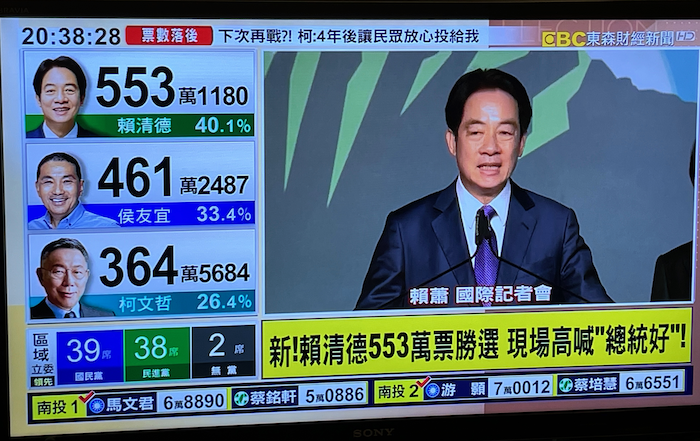
The great tensions and regular threats of war were relaxed after the 1972 Nixon visit to China and the status quo crafted by Kissinger and Zhou Enlai and completed in 1979 with the establishment of Sino-U.S. diplomatic relations and the concomitant Taiwan Relations Act (which abrogated the Mutual Defense Treaty between the U.S. and the Republic of China but committed the U.S. to providing Taiwan with the weapons to defend itself). This status quo is a delicate dance that formally acknowledges (or “takes note of,” in the case of Canada) China’s claims (rooted in the post-Second World War Settlement) but commits all players to a peaceful process and some credible deterrence to guarantee such peace. It is a cumbersome status quo, but one that provides peace in the region, space for Taiwanese society, and hope that future generations will find a peaceful permanent solution.
Thus, to fulfil the wishes of Taiwanese voters and avoid both a brutal war and a loss of political identity and freedom, major democratic partners must support the status quo. This entails a combination of continued deterrence against the threat of the use of force, symbolic and practical reassurance toward China, and a thick web of diplomatic engagement in the region. Canada has room to follow this tryptic in a way that can include increased support for Taiwan’s functional role in international organizations such as the WTO and APEC (where Taiwan has a seat), but also the WHO or the UN Framework Convention on Climate Change and many others (where it does not), as well as increased provincial, economic, cultural, and academic interaction. Meanwhile, there is much to celebrate in the vibrancy and freedom of Taiwanese society, with which Canadian citizens associate many shared values.
Note: This report is a longer and updated version of a short article published with East Asia Forum. The authors acknowledge the able research assistance by Yvonne Xiao.
